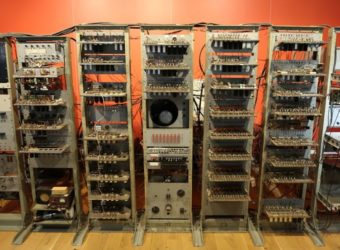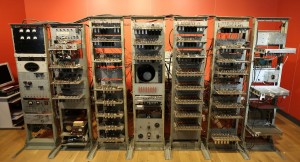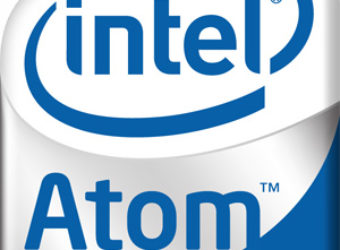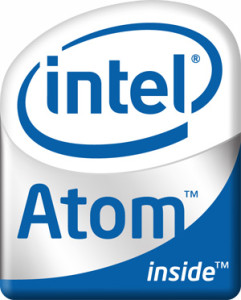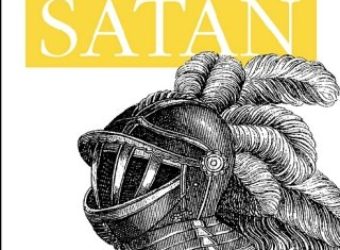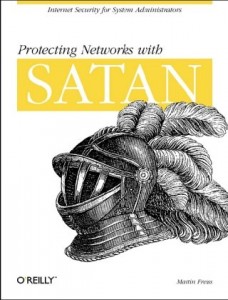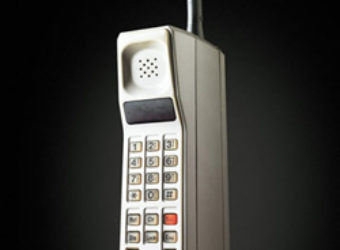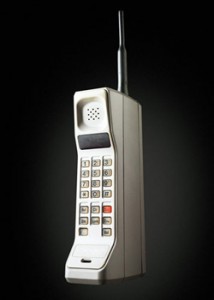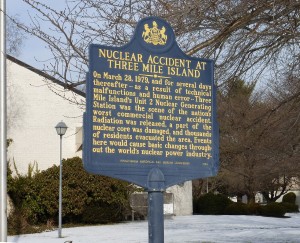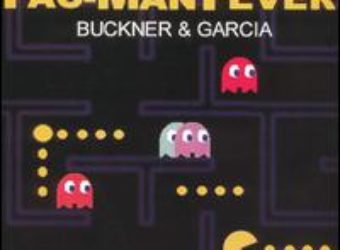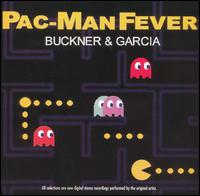June 23, 1983: First successful test of the Domain Name System (DNS)
Subscribe! Spotify | RSS | More
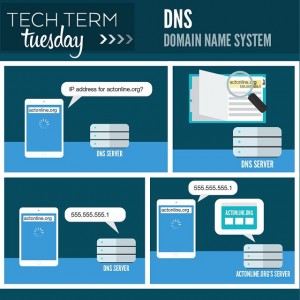
1983 – Paul Mockapetris and Jon Postel run the first successful test of the distributed Domain Name System (DNS). This automated process was to take over failing Arpanet and CSnet protocols because those relied on address books.
DNS uses a hierarchical distributed naming system for the Internet or any private network. It associates the domain names with numerical IP addresses.

Subscribe to Day In Tech History:
RSS Feed - iTunes - Android - Spotify - iHeartRadio
Facebook -
- RSS Bandwidth by Cachefly Get a 14 Day Trial
- Join me on Patreon and support Day in Tech History
- Nintendo 64 is launched
- The Typewriter is patented



